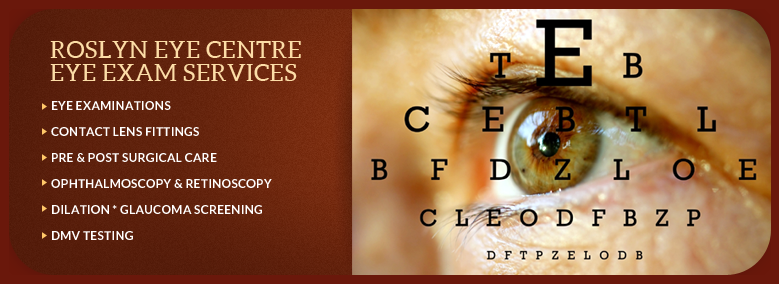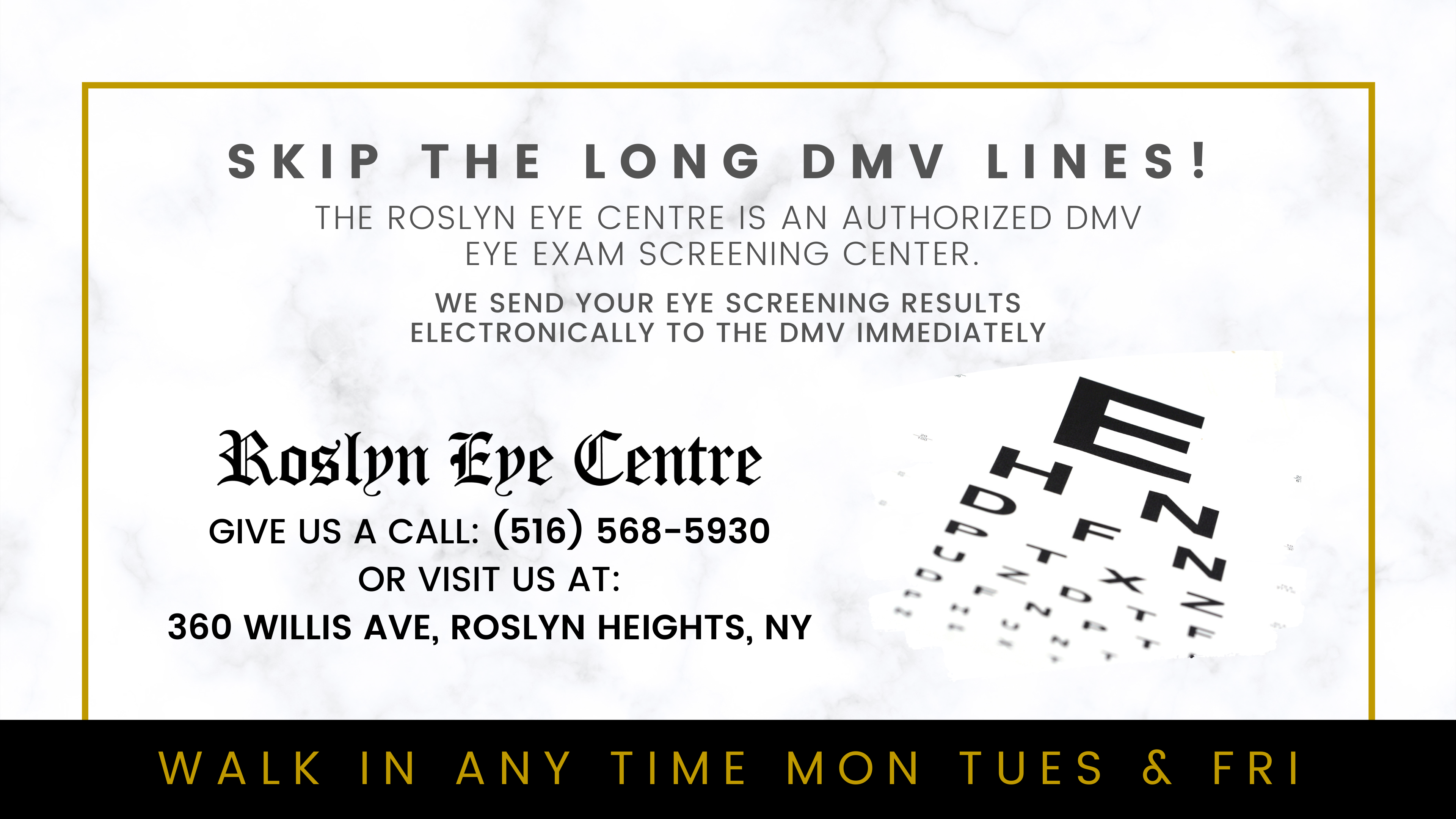

Your eyesight is a precious gift and guarding against vision loss is essential to maintaining your quality of life. By taking the simple step of making a comprehensive eye examination part of your routine healthcare regimen you can protect the health of your eyes and the quality of your vision for a lifetime.
After reviewing your overall medical history and gathering relevant information on your eye health through the years, we perform a clinical exam to check the health of your eyes and assess your vision through a series of comfortable tests. Your visual acuity, the degree to which your eyes work together, how well your eyes follow a moving object, and your depth perception are all thoroughly evaluated.
As part of your comprehensive eye exam, you are also screened for eye diseases that can lead to vision loss. Many eye diseases including glaucoma, macular degeneration, diabetic retinopathy, as well as other conditions affecting the retina, demonstrate few if any overt signs or symptoms until irreparable damage to your eyesight has occurred. Detecting diseases that can threaten your eyesight in their earliest stages enables the most effective management and care.

Order Contact Lenses Online
We don't charge a Processing Fee ever.
Free Shipping on 2 boxes or more!
If you are interested in wearing contact lenses or you are due to have your current pair of contacts checked, our office will perform a specialized evaluation to measure and assess your eyes. Different from a routine eye exam, an exam for contact lenses not only ensures your contact lenses will fit properly but also makes certain they provide the required vision improvements and that your eyes will be able to tolerate wearing lenses without any harmful consequences. It is important to keep in mind that a contact lens exam does not replace having a comprehensive or routine eye exam to assess the health of your eyes.
The reason different measurements are required for contact lenses is that unlike an eyeglass lens, which is positioned approximately 12mm away from your eye; a contact lens sits directly on the surface of your eye. Once your eyes have been measured and evaluated, our office will discuss the types of contact lenses and wear schedules that are available to you. Depending upon your vision requirements and your lifestyle, we’ll guide you in choosing the most suitable and effective contact lenses to address all your needs.
As highly skilled eye care professionals, our doctors are well equipped to handle many types of eye emergencies and stand ready to provide you, as well as any member of your family, with prompt and effective care.
If you have received an injury to your eye, gotten something stuck in your eye, your eye is red or painful, or are experiencing a sudden loss of vision or unusual visual disturbances, it is important that you contact our office right away for care. These are urgent situations that may require immediate attention to prevent more serious consequences, including further injury, infection, and even vision loss.
By utilizing state-of-the-art diagnostic technology and providing expert care, our doctors will precisely diagnose, treat, and help you to manage your eye care emergency.
Glaucoma is a progressive disease that diminishes the capacity of the optic nerve to transmit visual information to the brain. When left untreated or uncontrolled, it results in a gradual and irreversible loss of vision. Peripheral vision is initially impaired followed by a decrease in central vision and an eventual complete loss of sight.
Glaucoma is the leading cause of blindness in the world. In the United States alone more than 3 million people are afflicted with glaucoma, and 120,000 have gone blind from the disease. However, because many types of glaucoma develop without any pain or symptoms, an individual who has not had routine eye care may be completely unaware that they have glaucoma until significant damage to their vision has taken place.
As your eye doctor, our office carefully monitors your vision to check for the presence of a comprehensive range of conditions that may compromise the health of your eyes and the quality of your vision. Glaucoma is diagnosed with an examination that involves measuring the pressure inside your eyes and examining the optic nerve as well as assessing its function. Moreover, we'll also check your peripheral vision to determine if any blind spots have developed. If indicated, additional testing will be conducted to provide information relevant to diagnosis and care.
Although there is no cure for glaucoma just yet, we can help you manage and control the condition to help preserve your vision. Treatment varies depending on the severity of the disease. Current therapies for the most common form of glaucoma are aimed at reducing the intraocular pressure. Treatment may include eye drops, pills, laser procedures or surgical operations to slow down the progression of the disease and prevent further damage.
DMV Motor Vehicle Eye Screening Centre
A customized DMV Testing Center. Walk Ins are welcome Mon, Tues, and Friday. We send your results Instantly to the DMV.

Taking your child for a comprehensive eye exam at an early age, and maintaining regularly scheduled eye care checkups as they are growing up, is the best way to ensure that your child’s vision development reaches its full potential and to make certain that your child acquires the visual skills needed to fully participate in all activities.
According to guidelines established by the American Optometric Association a child should receive an eye exam at the ages of 6 months, 3 years, before kindergarten, and then once every two years. However, in the presence of certain risk factors or diagnosed vision issues, more frequent exams may be recommended. Children who are wearing eyeglasses or contact lenses should be checked annually.
The members of our professional team are skilled and experienced providers of comprehensive vision care for children and do their best to make sure that your child’s eyes are strong and healthy as they grow. Our specialized pediatric eye care services include child friendly and age appropriate exams to assess visual acuity, eye tracking, and focusing skills, as well as to detect problems such as nearsightedness, farsightedness, lazy eye (amblyopia), crossed eyes, dyslexia, a color blindness, disease or medical conditions. Depending upon the findings of your child’s eye exam visit, eyeglasses, vision therapy, or additional procedures may be recommended.